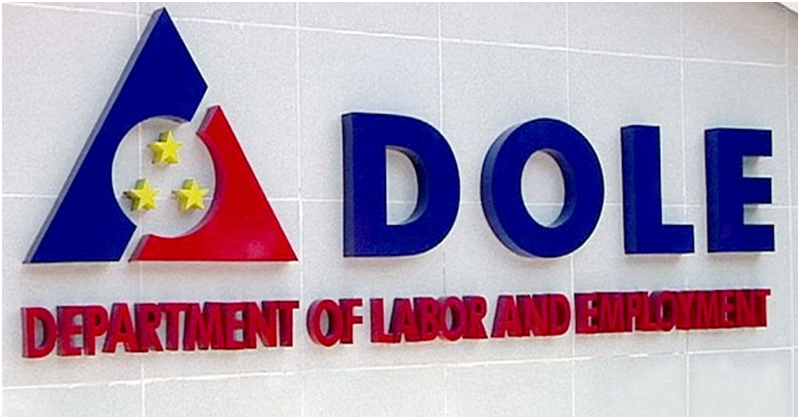Aside from organizing job fairs and caravans as well as Labour Day events across the country, the Department of Labour and Employment (DOLE) has been very busy at work, ironing out new policies that aim to provide ample worker protection here in the country as well as overseas.
ALSO READ: Labour Day Events to Feature Ground Breaking of OFW Hospital
As we all know, legislative efforts take time but they provide direction as to how the government will address issues that matter to its sovereignty as well as its most important asset – the people. And with the nationwide celebration of Labour Day, DOLE also unveiled three (3) important policies that aim to protect the Filipino workers.

3 New Workers’ Protection Policies Introduced by DOLE on Labour Day
On Wednesday, the Department of Labor and Employment (DOLE) issued three new policies for the protection of Filipino workers, as shared in a report by the Philippine News Agency.
In line with this, DOLE Secretary Silvestre Bello III, together with other stakeholders, authorized the Implementing Rules and Regulations (IRR) of Republic Act No. 11210 or the Expanded Maternity Leave Law; DOLE-Department of Justice (DOJ)-Bureau of Immigration (BI) Guidelines on the Issuance of Work and Employment Permits to foreign nationals; and memorandum of agreement (MOA) and Certification for Returning OFWs.
The set of guidelines aim to bring clarity and union to existing regulations on the issuance of appropriate permits to all foreigners who intend to work, perform specific activities, and/or render services in the Philippines, whether in the context of an employment arrangement or otherwise.
The joint guidelines noted that the government agencies have identified 14 categories for issuance of Special Work Permit (SWP), which include athletes, artists, journalists, chefs, among others.
Based on the guidelines, “a Special Work Permit (SWP) shall be issued by the BI to foreign nationals who intend to work, engage in specific activities, or render services outside of an employment arrangement.”
Furthermore, an SWP shall only be issued to an applicant who will be entitled to work in the Philippines for a maximum period of six months, and is non-renewable.
In this regard, the BI will issue the SWP to non-resident aliens, who will be employed in the Philippines for a period of less than six months.
On the other hand, a 9(g) visa is a working visa for aliens employed in the country, with contracts usually lasting for one to three years.
Also, the DOLE shall issue an Alien Employment Permit (AEP) to foreigners who will work in the Philippines for at least six months.
According to the provisions of the IRR, foreign applicants are required to submit their Taxpayer Identification Number (TIN) when applying for the permits.
Meanwhle, the DOLE, the Social Security System (SSS), and the Civil Service Commission also authorized the IRR for the 105-day Expanded Maternity Leave Law.
And lastly, the Overseas Workers Welfare Administration (OWWA) and the Technical Education and Skills Development Authority (TESDA) have formalized their partnership through a memorandum of agreement (MOA), detailing the terms and guidelines in providing skills training, technical education, and assessment and certification for returning OFWs.
With the introduction of these worker-centred policies, a new direction for the Filipino workers will be introduced, and for the betterment of this sector.
ALSO READ: DOLE Boosts Services Rendered by One-Stop Service Centres for OFWs